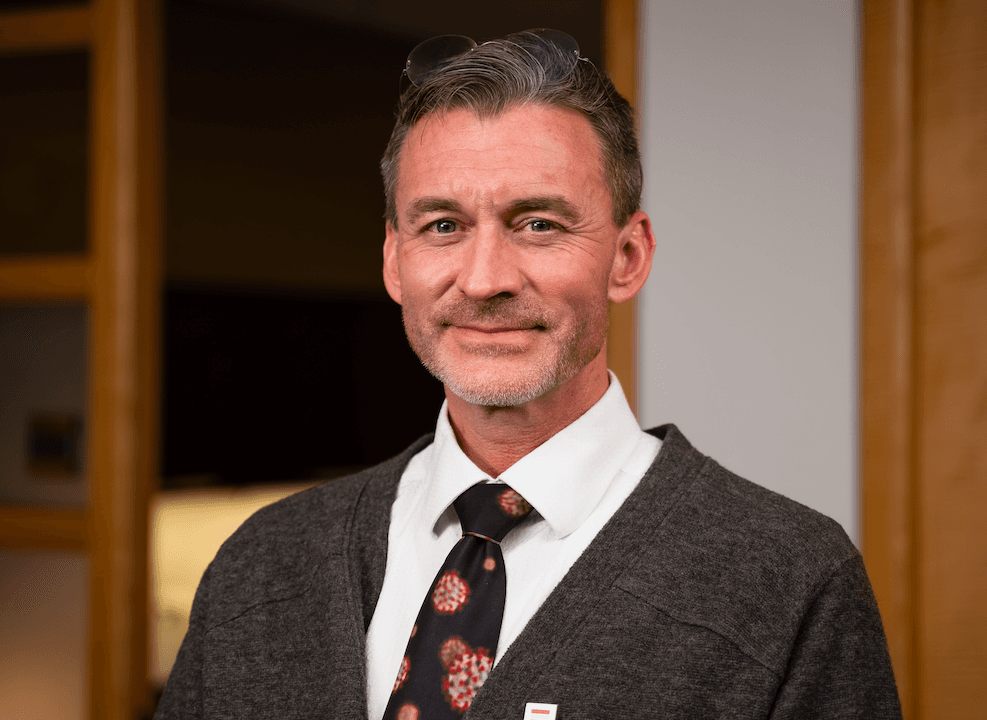Dr. Ryan Cole, pathologist and founder of Cole Diagnostics, says that he is observing a concerning pattern of certain cancers after the rollout of the COVID-19 vaccines and that rigorous studies need to be conducted.
“In the laboratory, I’m seeing an uptick in cancers that I shouldn’t be seeing at rates I shouldn’t be seeing in age groups I shouldn’t be seeing,” Cole told The Epoch Times’ “American Thought Leaders.”







